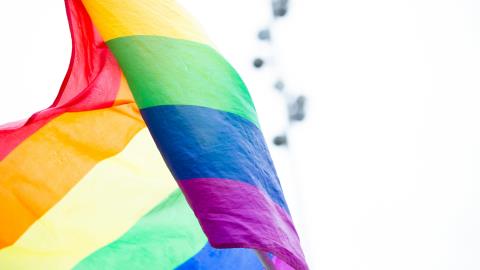Findings from a survey conducted by The Payments Association (TPA) highlighted the need for further LGBTQIA+ inclusion in financial services.
The 2025 Diversity and Inclusion Survey found that 73% of leading companies in the payments sector record gender data during recruitment, but only 14% collect data on sexual orientation, and 27% on gender identity. Despite the low number of organizations that gather information on sexual orientation, 100% of those that do actively evaluate it. However, only 11% of payments firms reportedly focus on diversity in sexual orientation in the workplace. Still, the report indicated that a majority (65%) of payments organizations maintained their DEI policies this year.
Riccardo Tordera, director of policy for The Payments Association, stated: “PridePay’s visible commitment to the LGBTQIA+ community through its Pride in London sponsorship is a commendable step, and we hope it inspires more payments firms to tailor products to ensure different communities can feel better included. As the payments industry evolves, it has a responsibility to go beyond innovation and address systemic inequities. Financial inclusion must be more than a metric—it must reflect meaningful access for historically marginalized communities, including the LGBTQIA+ population. Without intentional design and inclusive infrastructure, progress will remain uneven and exclusion will persist.”
This data is particularly relevant given that June was Pride Month, and London Pride will be taking place on Saturday, 5 July. Payments platform Cardaq has launched PridePay, an LGBTQIA+ app that will sponsor the celebrations this year. There will be ‘Tap for Change’ payment stations scattered across Soho and Piccadilly where people can donate to LGBTQIA+ causes.
Hugo Remi, CEO of Cardaq, commented: “Despite living in the 21st century, it sometimes feels like we’re in the Middle Ages. Right now, LGBTQIA+ individuals are not recognized, are bullied, and face the fear of having to hide their identities. PridePay was born to change societal perceptions and support LGBTQIA+ people.”
